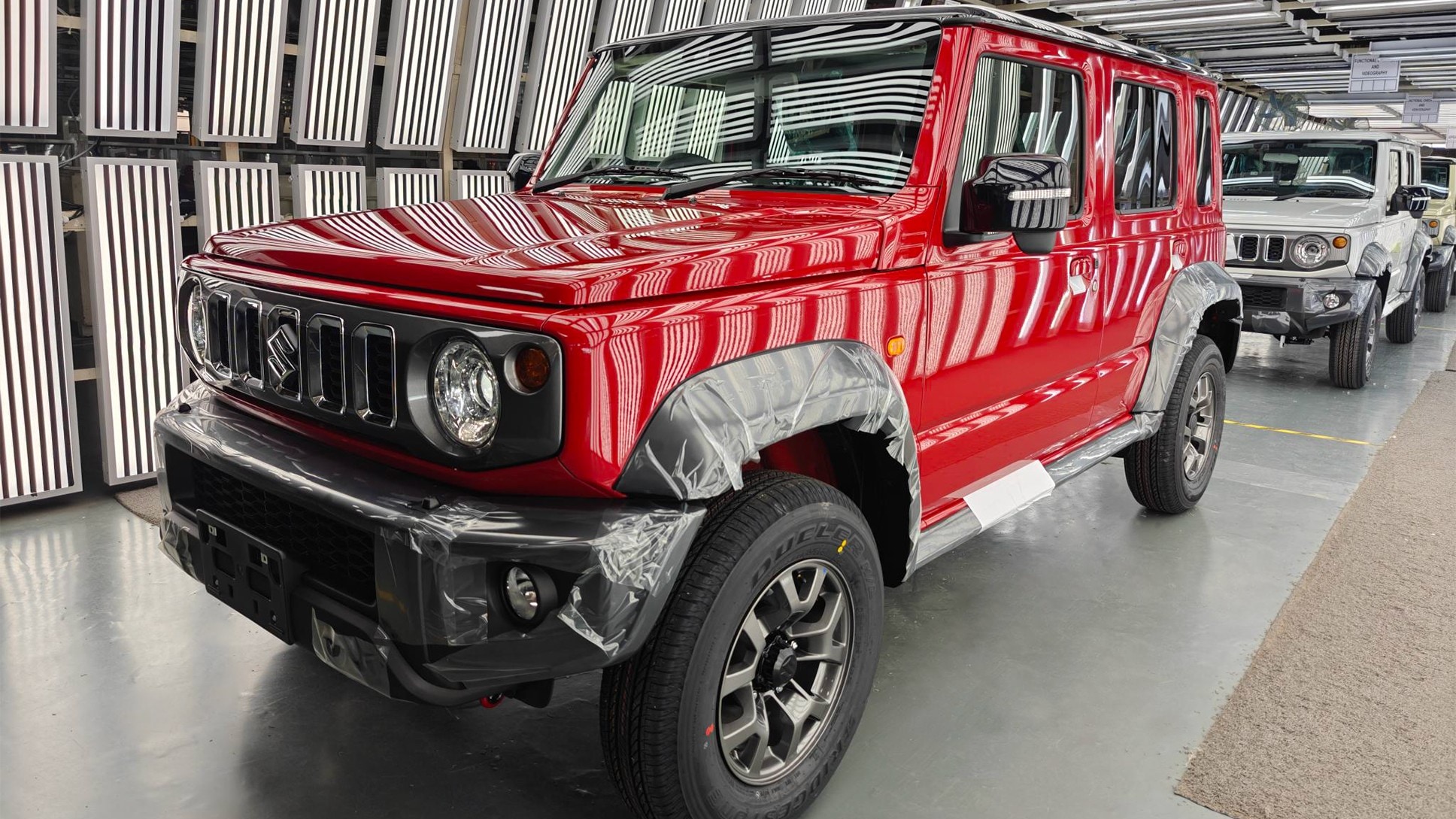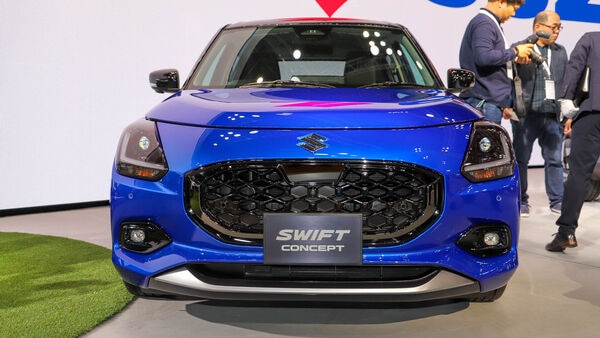During the conference, Bhargava pointed out that the government has begun recognizing that without a revival of the small car market, overall car market growth in India will always remain limited. He debunked the popular belief that the shift from small cars to SUVs is driven by changing consumer aspirations and a preference for larger cars. In reality, he explained, the issue isn’t about preference—it’s affordability. Many people simply can’t afford even small cars anymore.
Also Read : Maruti Suzuki WagonR reclaims top spot in Indian PV market
To shed light on the affordability challenge, Bhargava shared crucial statistics. Only 12 per cent of Indian households earn above ₹12 lakh annually (around $14,000), which is the income bracket needed to buy a car costing ₹10 lakh or more. For the remaining 88 per cent of the population, purchasing a car—especially one priced above ₹10 lakh—is not feasible. He made it clear that the growth of India’s automotive sector cannot be expected to accelerate when the majority of the population lacks the financial means to buy high-cost vehicles.
The situation worsened in FY25, with small car sales declining by 9 per cent. This decline has not only impacted the small car market but has also pulled down other segments, including SUVs. While the Indian market once grew at a rate of 8-10 per cent, it now faces a sharp slowdown, with projections showing just a 1-2 per cent growth for this year. If 88 per cent of the population is unable to afford small cars, the prospects for overall market growth are bleak, Bhargava noted.
Proposed solutions: Tax reduction to revive the segment
In order to regain momentum in the small car space, Bhargava proposed the introduction of tax structures tailored specifically for smaller cars—lower taxes compared to other segments. Drawing a parallel with Japan’s Kei cars, which benefit from lower taxes and regulations, he suggested India should adopt a similar approach. By making small cars more affordable and accessible, India could see a shift from motorcycles to four-wheelers, helping to accommodate the 30 crore two-wheeler owners in the country, the chairman emphaised.
Without these critical policy changes, Bhargava warned, India’s car market will continue to struggle with limited growth, and mass car ownership will remain an exclusive goal for the vast majority of the population.
Banking on exports for growth
While domestic passenger vehicle sales in India appear to remain subdued, Maruti Suzuki India is banking on its export strategy to drive growth in both production and revenue for the new financial year. In FY25, the company achieved a significant milestone, surpassing the three lakh exports mark with a total of 332,585 units exported—up from 283,067 units in the previous year. This represents a year-on-year growth of 17.49 per cent, marking the highest-ever export figures for the carmaker.
Also Read : Suzuki reaffirms India as growth hub, eyes top spot in EVs and 50% market share
Maruti Suzuki now claims to account for approximately 43 per cent of India’s total car exports. In FY25, the company also began exporting the Fronx and Jimny 5-door models to Japan. The top five markets for Maruti Suzuki’s exports were South Africa, Saudi Arabia, Chile, Japan, and Mexico. Looking ahead, Bhargava indicated that the company expects a further 20 per cent growth in exports during the current financial year, which he believes will be the primary driver of total sales and revenue growth.

Despite global challenges such as the ongoing tariff disputes and recession fears, Bhargava remains confident that Maruti Suzuki’s exports will not be significantly affected. He noted that the company does not export to the U.S. market, which is currently facing more volatility. Expressing optimism, he stated that the issues currently impacting the global market will likely be resolved within the next 2-3 months. While he acknowledged there could be a slight slowdown in global growth rates, he emphasized that a full-scale recession would not significantly impact Maruti Suzuki’s operations, especially in the segments they cater to.
One of the key models expected to drive exports in the current financial year is the Maruti Suzuki e-Vitara. Bhargava revealed that while the company plans to produce around 70,000 units of its debut electric vehicle, the majority of these units will be destined for export markets.
EV and Hybrids vs Petrol and Diesel
While Maruti Suzuki India is set to make its entry into the battery electric vehicle (BEV) space with the upcoming e-Vitara, the company has also reaffirmed its commitment to expanding its hybrid vehicle portfolio. Chairman RC Bhargava emphasized that the goal is to reduce fuel consumption and lower pollution—objectives that can be achieved through both electric and hybrid vehicles.
Also Read : Maruti Suzuki e Vitara deliveries to start in September. Check out further details
“This is not a case of hybrids versus EVs,” Bhargava explained. “It’s hybrids and EVs versus petrol and diesel vehicles.” He pointed out that the real challenge lies in replacing conventional internal combustion engine (ICE) vehicles, which are the highest consumers of fuel and the biggest contributors to vehicular pollution. Both hybrid and electric vehicles, he noted, are significantly cleaner alternatives—and both have ample room to grow.

Currently, hybrids and EVs combined account for just around 5 per cent of the total market, leaving a massive 95 per cent still dominated by petrol and diesel vehicles. “There’s more than enough space for both to grow rapidly, and we intend to actively promote both technologies,” he said.
Maruti Suzuki has already announced plans to launch four new BEVs by 2030. But alongside that electric push, Bhargava confirmed the company is also developing strong-hybrid versions of popular small cars, including the WagonR, Swift, and Baleno. At present, Maruti Suzuki offers two strong hybrid models—the Grand Vitara and the Invicto.
However, Bhargava stressed that the market for EVs must scale up faster to meet the country’s emission reduction targets. “We have to identify what’s holding customers back from choosing EVs and hybrids—and then work to eliminate those barriers,” he said. Unless consumers are convinced that these vehicles suit their needs, he noted, demand will remain limited.
He added that it is the responsibility of original equipment manufacturers (OEMs), and where necessary, the government, to uncover these impediments and develop effective solutions. “We need to locate these impediments and find solutions to these impediments. That’s our job,” he concluded.
Get insights into Upcoming Cars In India, Electric Vehicles, Upcoming Bikes in India and cutting-edge technology transforming the automotive landscape.
First Published Date: 26 Apr 2025, 11:15 AM IST







